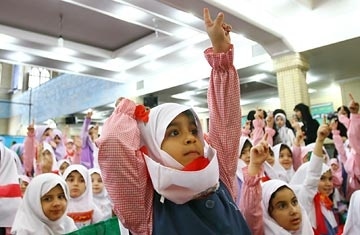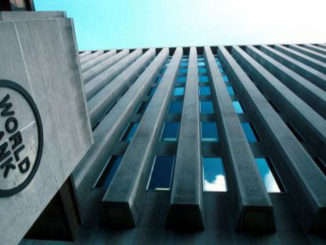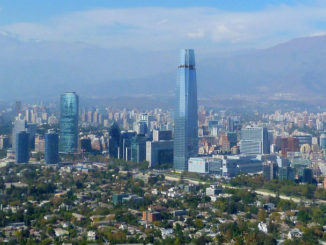
TEHRAN – Islamic leaders in Iran have moved to ban the teaching of English in primary schools, a senior education official in the country confirmed on Sunday, after the country’s Supreme Leader said early learning of the language opened the way to a Western “cultural invasion”.
“Teaching English in government and non-government primary schools in the official curriculum is against laws and regulations,” Mehdi Navid-Adham, head of the state-run High Education Council, told state television late on Saturday.
“This is because the assumption is that, in primary education, the groundwork for the Iranian culture of the students is laid,” Navid-Adham said, adding that non-curriculum English classes may also be blocked.
Iran’s leaders have frequently expressed concerns of a “cultural invasion” gripping the Islamic country, with Supreme Leader Ayatollah Ali Khamenei issuing a warning over the “teaching of the English language spreading to nursery schools” back in 2016.

In a speech to teachers, Khamenei said he was not opposed to children learning a foreign language but he was concerned about the “promotion of a foreign culture in the country and among children, young adults and youths”.
Iranian children are typically taught English during middle school, around the ages of 12 to 14, but some primary schools also have English classes.
Some children from more privileged families receive tuition at private language institutes after school, while those attending non-government schools receive English lessons from daycare through high school.
While there was no mention of the announcement being linked to more than a week of protests against the clerical establishment and government, Iran’s Revolutionary Guards have said that the unrest was also fomented by foreign enemies.
Iranian officials said 22 people were killed and more than 1,000 arrested during the protests that spread to more than 80 cities and rural towns, as thousands of young and working-class Iranians expressed their anger at graft, unemployment and a deepening gap between rich and poor.



